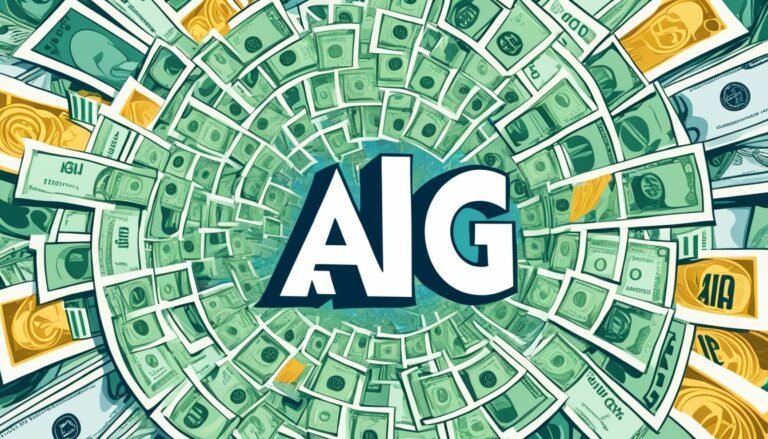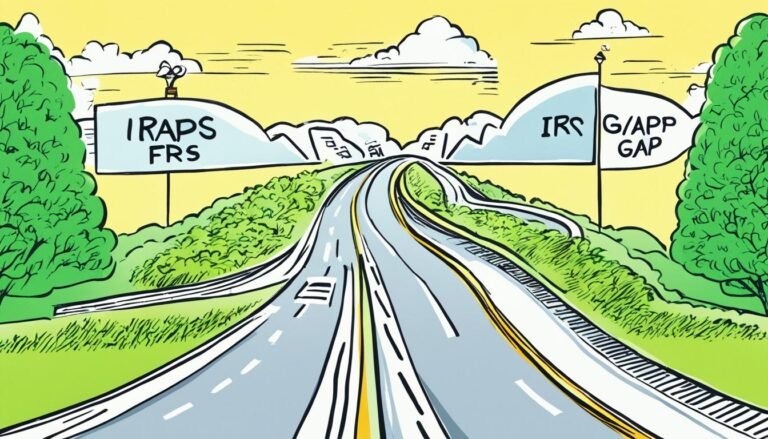Fiscal Fitness: Sculpting Your Financial Future in Today’s Economic Landscape
In an era of economic uncertainty and rapid change, achieving and maintaining fiscal fitness has become even more crucial. Just as physical fitness requires discipline, knowledge, and consistent effort, so does financial well-being. This article explores key strategies to help you sculpt a robust financial future, regardless of the economic climate.
Setting Your Financial Goals
The cornerstone of financial well-being is setting clear, defined goals. Whether you’re working towards a down payment on a home, planning for retirement, or starting your own business, specific objectives provide purpose and direction to your financial endeavors. Short-term goals could involve establishing an emergency fund or eliminating high-interest debt.
In contrast, medium-term goals might focus on saving for a home or securing your children’s education. Long-term goals are typically centered around retirement planning or building generational wealth. It’s essential that these goals adhere to the SMART criteria: Specific, Measurable, Achievable, Relevant, and Time-bound.
Crafting a Robust Budget
A well-structured budget is your roadmap to fiscal fitness. It helps you understand your income, track your expenses, and allocate your resources effectively. By tracking all income sources, categorizing expenses, and identifying areas for potential savings, you can allocate funds toward your goals and regularly review and adjust your budget. Consider using budgeting apps or spreadsheets to simplify this process and gain insights into your spending patterns.
Building a Strong Credit Profile
While not the sole indicator of financial health, your credit profile plays a significant role in your overall fiscal fitness. Understanding the range of credit scores and where you stand can help you make informed financial decisions. I consulted Matt Mayerle, Personal Finance Editor at CreditNinja, who explains, “A strong credit profile is essential for accessing favorable financial products, such as installment loans, which can be an effective tool for managing larger expenses or consolidating debt. Maintaining a healthy credit score by paying bills on time, keeping credit utilization low, and regularly checking your credit report can open doors to more financial opportunities.”
Credit scores typically range from 300 to 850, with higher scores indicating better creditworthiness. Regularly checking your credit report, paying bills on time, and managing your credit utilization are key steps to maintaining a healthy credit profile.
Diversifying Your Income Streams
In today’s gig economy, relying on a single income source can be risky. Consider ways to diversify your income, such as developing a side hustle, investing in dividend-paying stocks, exploring passive income opportunities like rental properties, or creating digital products. Continuously upgrading your skills can also increase your earning potential.
Smart Investing for the Future
Investing is crucial for long-term financial growth. However, aligning your investment strategy with your goals, risk tolerance, and time horizon is important.
Mayerle adds, “While investing is vital for growing wealth, it’s also important to manage existing liabilities wisely. Using installment loans with favorable terms to consolidate higher-interest debt can free up cash flow, which can then be redirected towards investment opportunities. This strategy not only reduces interest expenses but also accelerates wealth accumulation over time.”
Starting early to harness the power of compound interest, diversifying your portfolio across different asset classes, and considering low-cost index funds for broad market exposure are key steps. Regularly rebalancing your portfolio and staying informed about market trends can help you avoid making emotional decisions.
Navigating Economic Challenges
As we’ve seen with recent global events, economic landscapes can change rapidly. Building resilience into your financial plan is key. Mayerle advises, “In times of economic uncertainty, having access to installment loans can provide a safety net without immediately tapping into savings or investments. This can be particularly useful for covering unexpected expenses while keeping your financial plan on track. However, it’s crucial to borrow responsibly and ensure that any debt taken on is manageable within your overall financial strategy.”
Maintaining an emergency fund covering 3-6 months of expenses, staying informed about economic indicators and policy changes, and being prepared to adjust your strategy in response to major economic shifts are essential practices. Consider inflation-protected securities as part of your investment mix.
Embracing Financial Technology
Leverage technology to enhance your fiscal fitness. Use automated savings apps to boost your saving habits, explore robo-advisors for cost-effective investment management, and utilize personal finance apps for budgeting and expense tracking. Staying informed with financial news apps and podcasts can also be beneficial.
Continuous Financial Education
The world of finance is constantly evolving. Commit to ongoing learning by reading financial books and reputable online resources, attending workshops or webinars on personal finance, and considering working with a financial advisor for personalized guidance. Joining investment clubs or online communities to share knowledge can also be valuable.
Planning for Retirement
Retirement planning is a crucial aspect of long-term fiscal fitness. Start saving early to benefit from compound growth, maximize contributions to tax-advantaged retirement accounts, and understand your employer’s retirement benefits, taking full advantage of any matching programs. Consider long-term care insurance as part of your retirement strategy.
Conclusion: Your Path to Fiscal Fitness
Sculpting your financial future is an ongoing process that requires dedication, knowledge, and adaptability. By setting clear goals, creating a solid budget, diversifying your income, investing wisely, and staying informed, you can build a strong foundation for fiscal fitness. Remember, small, consistent steps can lead to significant results over time. Start today, stay committed, and watch your financial future take shape, regardless of the economic landscape.








